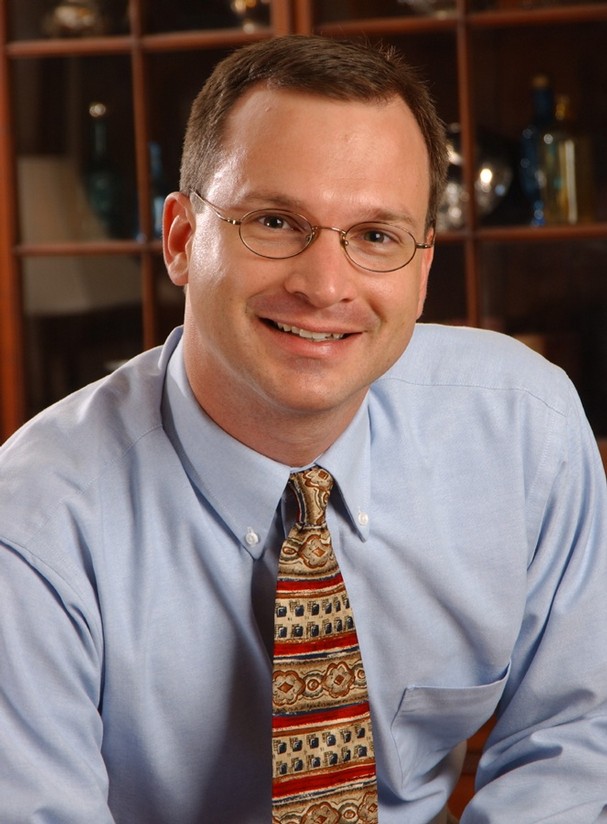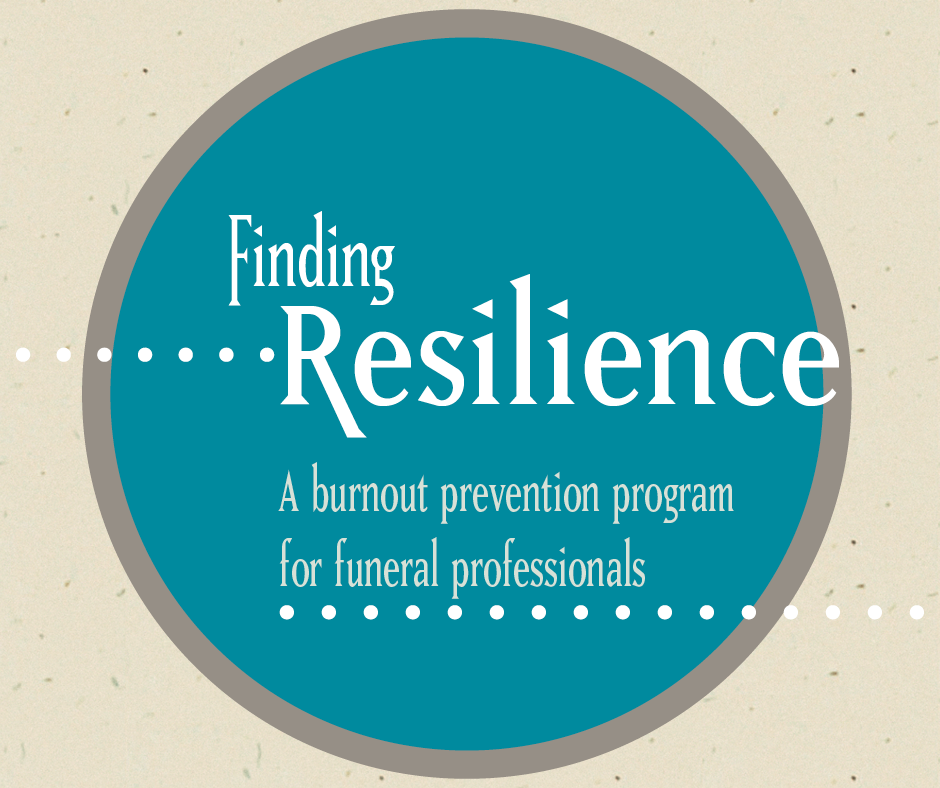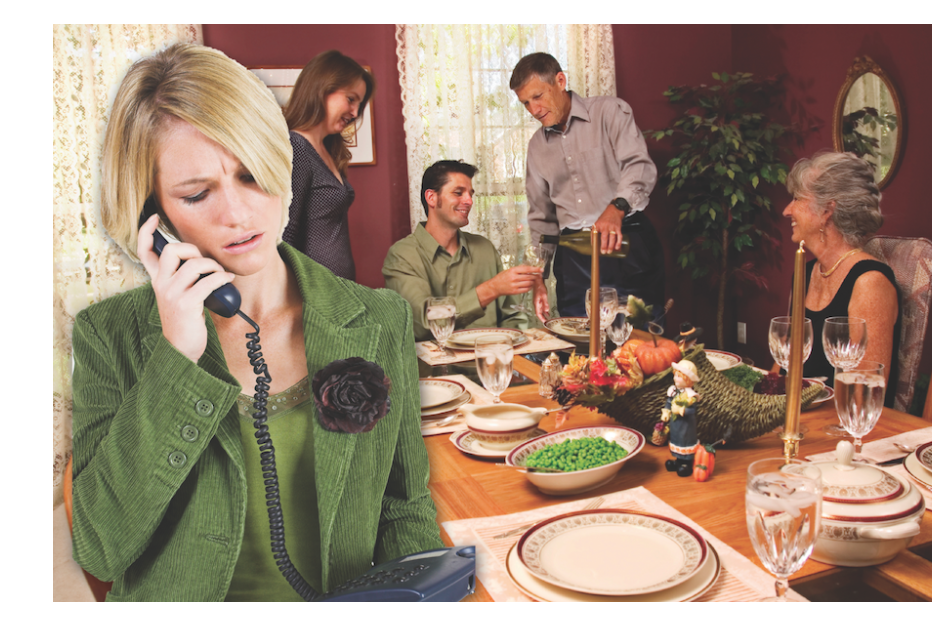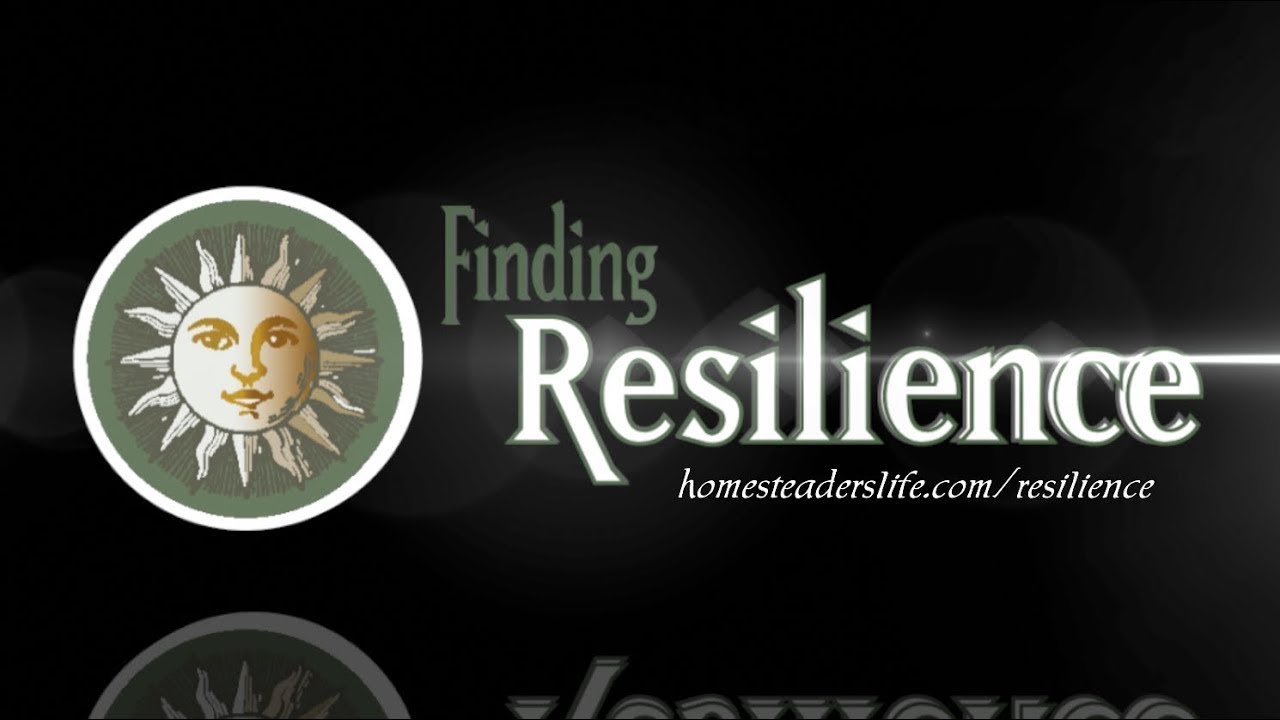Apr 18, 2019

ASD is pleased to share this Guest Blog Post from Jason Troyer, PhD. Dr. Troyer is the Founder of Mt. Hope Grief Services and is a psychology professor, former counselor, grief researcher, speaker, and consultant for businesses who want to better serve grieving families. His professional background has been a combination of counseling, teaching, and research. Dr. Troyer received his master’s degree in counseling and a PhD in counseling psychology. He works directly with funeral homes to help them recommend appropriate grief-related resources and literature to bereaved families.
In this guest blog post, Dr. Troyer shares what he has learned from his work with the funeral service community about the nature of compassionate fatigue among those who work with grieving families and how this condition impacts the daily lives of funeral directors. He also shares some practical tips to help funeral directors combat feelings of burnout and find balance between their professional and personal lives.
Guest Blog Post: Feeling Burned Out as a Funeral Director? Here’s Why and What You Can Do About It
1) Can you share a little bit about your background, the mission of Mount Hope Grief Services and the history behind the Finding Resilience program?
I was a psychology professor at small college for 14 years until resigning last year to work with funeral and cemetery professionals full-time. About eight years ago, I became disillusioned with my traditional research path and decided to create modern grief support materials that people would actually use. I often say that funeral homes see more grieving people than anyone else. I realized that by partnering with funeral homes I could share my information with more people and help funeral professionals provide exceptional care for their families. Recently, I have expanded my services to offer funeral homes social media content and an aftercare e-newsletter.
Dr. Jason Troyer, PhD
As I learned more and more about the profession, I realized that the job conditions for funeral professionals are a perfect recipe for burnout and compassion fatigue. In response, I created a presentation for funeral director associations focusing on helping funeral directors avoid burnout. It quickly became a frequently requested and highly-rated program, and I would always have funeral professionals coming up after the presentation to talk one-on-one about their challenges.
In 2017, Homesteaders approached me about creating a more comprehensive set of resources to help funeral professionals avoid burnout. I was already convinced there was a huge need for this information, and I knew Homesteaders had the staff, talent, and resources to create a high-quality program and help me share it more broadly. And that’s exactly what has happened – I have been very fortunate to partner with exceptional professionals at Homesteaders. Last year, we launched the Finding Resilience program which includes presentations, webinars, printed booklets, online resources, and weekly emails to help funeral professionals proactively reduce burnout and compassion fatigue. All of the printed materials, online content, and weekly emails are free for funeral professionals.
2) How do feelings of burnout and compassion fatigue impact the day to-day work of funeral professionals?
A funeral professional experiences burnout and compassionate fatigue in their heart, mind, body, and soul – it affects every aspect of their life. This means that burnout and compassion fatigue can negatively impact their collaboration with colleagues, their work with families, and their relationships with loved ones at home.
I often use the metaphor that each of us has a “well” of compassion and energy that we draw from to serve families, to prepare the deceased, and to get along with others. The nature of funeral service requires professionals to continually draw from their well. Unfortunately, it is common for funeral professionals to feel like they are running on empty. When you feel empty, it is difficult to express compassion and demonstrate patience with families, colleagues, or yourself. This can lead to feeling cynical about funeral service, being short or rude with families and colleagues, physical ailments, increased depressed mood and anxiety, substance abuse, and many other challenges.

3) What are some of the stress factors that can contribute to feelings of burnout? In what ways does the on-call lifestyle contributes to feelings of stress and burnout in funeral professionals?
Two of the biggest contributors to burnout for funeral professionals are the work schedule and the inability to psychologically leave the funeral home. Unfortunately, a typical funeral professional’s work schedule is a “perfect storm” for burnout and compassion fatigue. As funeral professionals already know, the irregular hours, the need to work holidays, and other work schedule challenges can be exhausting and draining.
But a challenge that is often underestimated is the requirement to be “on call.” Being on call means you are psychologically connected to the funeral home even when you’re technically “not working.” Being on call restricts where you can go and what you can do – which means you are unable to fully relax and recharge. In the back of your mind, you’re always wondering if the phone will ring. I can’t overstate how much these two factors contribute to burnout and compassion fatigue.
4) What remedies would you recommend to funeral professionals experiencing these feelings?
I divide remedies for reducing burnout into two general categories: Refilling and Transforming. Going back to my “well” metaphor, refilling includes strategies that must be done on a daily (or hourly) basis to refill your well. These can be simple things like sharing struggles with colleagues, exercising regularly, eating healthy foods, practicing gratitude, writing down your struggles and goals, and using mindfulness practices. Throughout the program, I share examples of how funeral professionals can incorporate these refilling strategies into their busy and chaotic schedules.
Transforming remedies are long-term, transformational strategies that help you grow and reconnect to the funeral profession. Examples of transformative strategies include learning new professional skills, teaching and supervising new professionals, and offering new services. The recent trend for funeral homes to incorporate therapy dogs is a great example of offering new services and learning new skills. Funeral homes often mention the benefits of service animals for families, but I believe the opportunity to learn new skills and relate to community members in new ways is just as important.

5) The expression “out of sight, out of mind” seems to apply when it comes to the public’s consciousness of the challenges funeral directors face. Do you think that our society’s sheltered view of death contributes to the stress that funeral director’s experience?
Absolutely! In western, death-denying cultures, most members of the public seem uninterested and unprepared to deal with loss as well as funeral and grief rituals. Their discomfort makes it more challenging for funeral professionals. For example, families often never discuss final arrangements in advance, have differing views about what should done after the death of a loved one, and have less and less experience with funeral rituals. This discomfort and unpreparedness forces funeral professionals to be teachers, referees, grief counselors, and more.
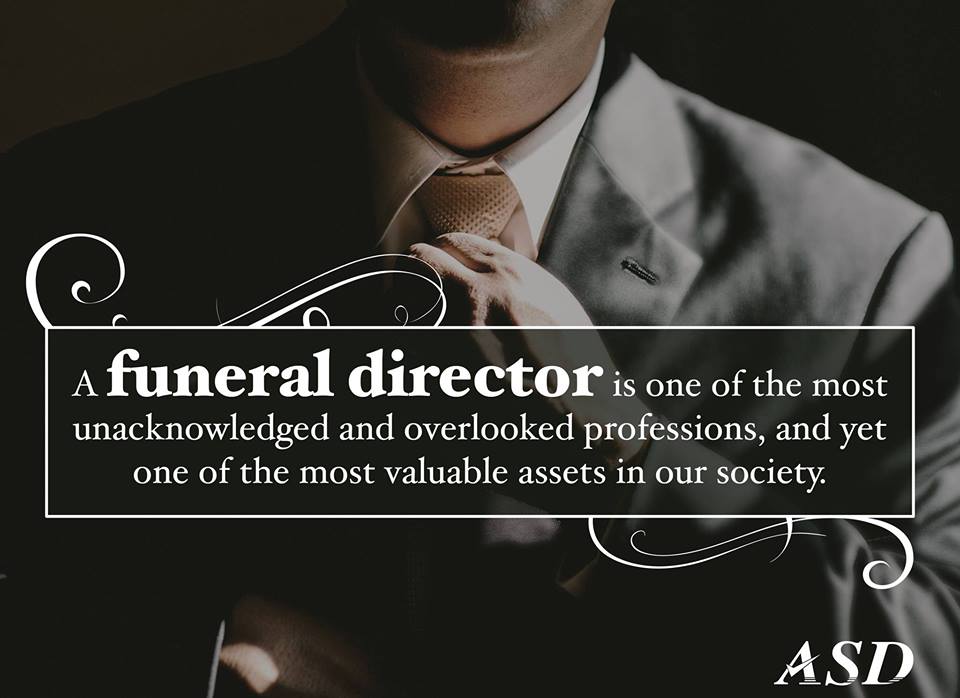
6) What can funeral home owners and managers do to help reduce burnout and compassion fatigue among their staff members?
The most important thing owners and managers can do is start taking burnout seriously and talking about it. If an employee believes their employer doesn’t take it seriously, then the employee will likely hide their feelings of burnout. Their performance will eventually suffer and they may eventually leave the profession.
Owners and managers can also take a look at their work schedules and “on call” policies. I have talked to many owners who have not examined or changed their schedules for more than 10 years, and I encourage them to talk with other owners about alternatives. Technology, outsourcing, and other tools and services have changed the nature of providing funeral services. It is critical to use new tools and strategies to help make work schedules as employee-friendly as possible. It may require an investment, but the alternative is the cost of finding and training new staff to replace those that have burned out.

About Jason Troyer, PhD:
Dr. Jason Troyer, PhD CT, earned his doctorate in Counseling Psychology at the University of Kansas. He is an author and founder of Mt Hope Grief Services which provides aftercare products, training seminars and consulting services. He is a member of the Association for Death Education and Counseling and is certified in Thanatology: Death, Dying and Bereavement. Visit MtHopeGrief.com to learn more.
About the Finding Resilience Program
Funeral professionals’ work is often rewarding, but can come wit unique challenges and stressors. In 2018, Homesteader’s Life Company partnered with Dr. Jason Troyer to create the Finding Resilience program. The program provides helpful resources to help funeral professionals cope with difficult situations and find the joy in the important work they do to serve their communities. Visit Homesteaderslife.com/resilience to learn more.
Related Reading:
Battling Burnout – How Funeral Directors Find Peace In The Midst Of Chaos
Funeral Pro Chat Podcast #13: Caleb Wilde and Jason Bathurst Discuss Funeral Director Compassion Fatigue and Burnout
6 Things Funeral Directors Lose by Not Using an Answering Service
About The Author
Jess Farren (Fowler)
Jess Farren (Fowler) is a Public Relations Specialist and Staff Writer who has been a part of the ASD team since 2003. Jess manages ASD’s company blog and has been published in several funeral trade magazines. She has written articles on a variety of subjects including communication, business planning, technology, marketing and funeral trends. You can contact Jess directly at Jess@myASD.com

